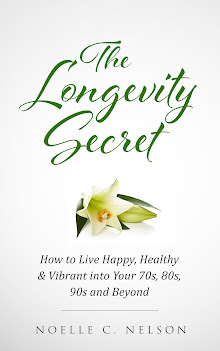While I was waiting for my dance class to start, I watched an instructor patiently coach a couple through what was obviously one of their first lessons. The instructor was having them do a “box step,” which is what it sounds like. A “box” made with your feet. It consists of two parts, a forward half box and a backward half box. Each half box has three steps: a step forward or backward, a step to the side, and a step to close the feet together. The instructor was counting out the steps slowly. Very slowly.
The woman was getting the hang of it pretty well, but the guy was not. Oh, the steps weren’t throwing him, it was the timing of the steps. “I’m sorry, Honey,” he said to his partner, “but I can’t dance. You know I can’t. There’s just no way.” The instructor looked at him and said, “But you can walk, right?” “Well, yeah,” he replied. “So, let’s just walk. Hold your partner, like you were, in front of you. You walk forward, she’ll walk backward,” the instructor explained. The instructor checked in with the woman, who replied: “Yeah, I’m fine with that.”
And off they went, the instructor counting off the steps, giving the walk a rhythm. I could take bets that by the end of their lesson, the man would know how to do a box step, the first on his journey to being able to – you guessed it – dance!
Here’s why. The instructor, the wise person that she is, used the word ‘but’ as a positive, as in “But you can walk,” instead of the man’s negative “But I can’t dance,” which is what we dismally do to ourselves so often. We “but” ourselves out of so many things we’d love to be or have or do. “But I could never afford that car/dress/travel,” as opposed to “But I could start saving and who knows? It might add up faster than I think.” Or, to your long-held dream of writing songs: “But I can’t play an instrument, I haven’t an ear for music,” instead of “But what if I found a musician who could work with me? After all, Beethoven composed some of his most famous works when he was completely deaf!”
For every negative “but,” a positive “but” can be found. You
just must be willing to look for it. Babies and toddlers know this very well.
The negative “but” has no meaning for them. All they know is “I want, therefore
I go/grab.” Engage your inner toddler and go valiantly forth into whatever it
is you fiercely desire, no “buts” about it!





No comments:
Post a Comment